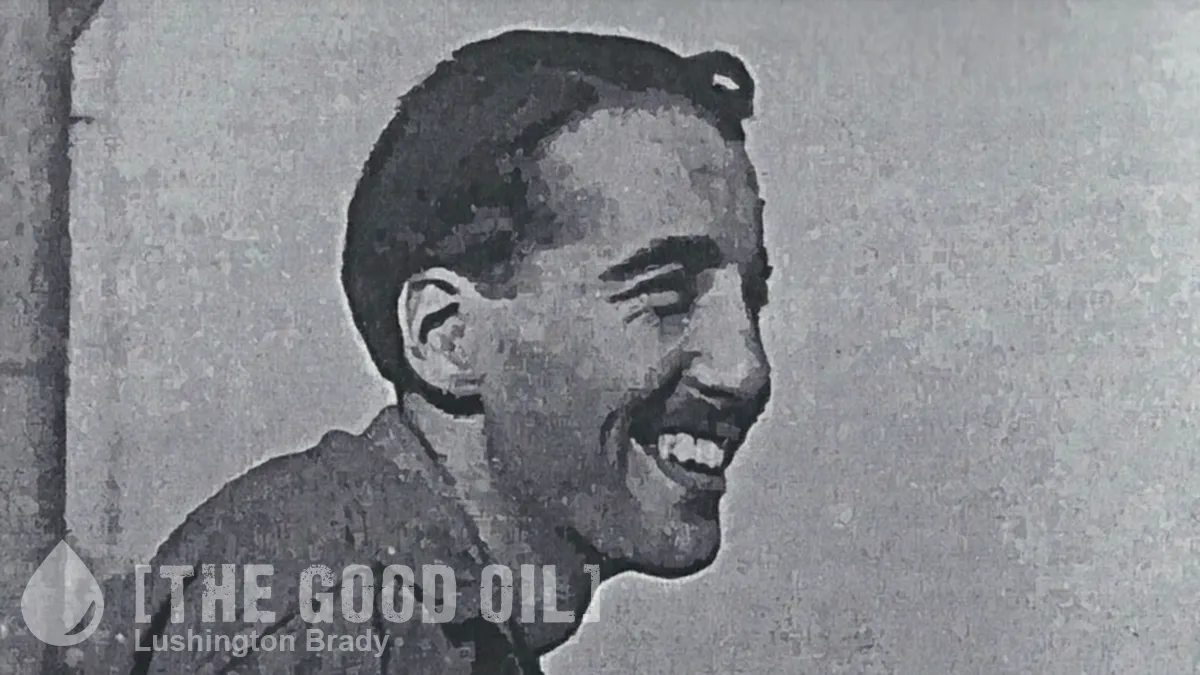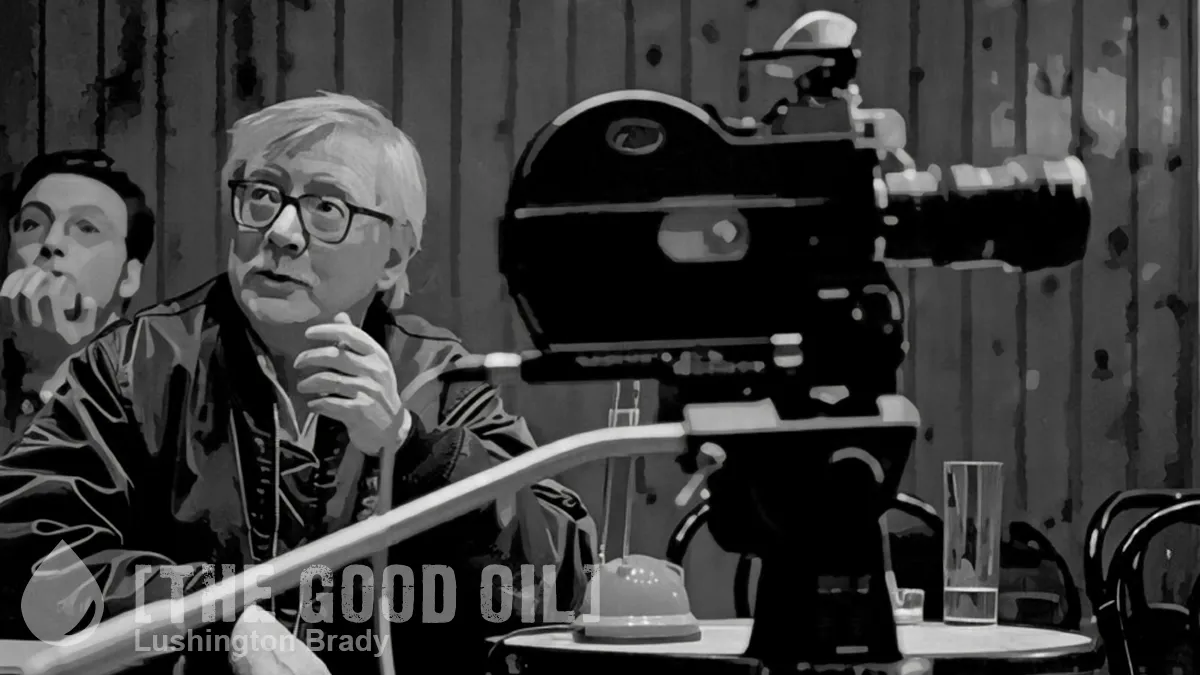Table of Contents
Gabriel Andrade
mercatornet.com
Gabriel Andrade is assistant professor of medicine at Ajman University, in the United Arab Emirates. He received a PhD from University of Zulia (Venezuela), in 2008.
These days, dead white males do not count for much. But we still have the legacy of an exceptional man who went around Athens asking people to provide basic definitions. In so doing, he proved to many that they were not as knowledgeable as they thought themselves to be. This man’s questions annoyed many, and for that, he was called “the gadfly”. Ultimately, some Athenians could not handle his intellectual curiosity, and sentenced him to death.
American conservative commentator Matt Walsh has often been labelled a “troll”. What is the difference between a troll and a gadfly? It is hard to tell. Very much as Socrates, Walsh simply asks questions. Admittedly, Walsh may be more exasperating than the father of Western philosophy in this endeavour, but he gets the job done. And that job is getting closer to truth.
What is a Woman?, Walsh’s latest documentary has been produced by the Daily Wire, a bumptious but highly professional conservative media company. It is structured as a series of Socratic dialogues about the transgender debate. He interviews many gender studies “experts” who spout the usual ideological points regarding gender dysphoria (sex is a social construction, children should not be refused hormone replacement therapy, etc.), and asks them “What is a woman?” Predictably, none of them provide a clear answer.
The most challenging interlocutors for Socrates were the Sophists — teachers who taught how to persuade people with rhetoric but did not care about the truth. How can you establish a meaningful dialogue with someone who does not even accept that there is a difference between truth and falsehood? American academia is awash with transgender Sophists, as Walsh discovers. One stands out for his absurdity. Professor Patrick Grzanka says: “I am uncomfortable with that language ‘getting to the truth’… It sounds deeply transphobic to me… You keep invoking the word ‘truth’, which is condescending and rude.”
This is not the only outrageous thing coming from the mouth of a college-educated person in the film. Paediatrician Michelle Forcier tells Walsh that puberty blockers are “completely reversible and don’t have permanent effects, and are wonderful, because we put that pause on puberty.” Many paediatricians have pushed back against this claim. For example, the American College of Pediatricians states that “puberty blockers may cause permanent physical harm.” Bioethicists frequently invoke the “precautionary principle”, yet strangely, puberty blockers get a free pass. Even medical ethics is falling under the influence of woke ideology.

Not all moments in the film are as sad. Walsh travels to Kenya to meet members of the Masai tribe and asks some men: “What if someone is non-binary?” The Masai interlocutor’s confused and perplexed reaction is hilarious. Now, some social justice warrior might denounce this as an evil racist film that makes fun of African people. But that would be missing the point. The ones being mocked are the (mostly white) North American liberals who project onto the rest of the world their social constructionist ideas.
Walsh lays the blame for the transgender craze at the feet of Dr Alfred Kinsey, who allegedly had a mission to erode Judeo-Christian values. I do not see the need for Walsh to go down this path. Kinsey may have claimed many questionable things, but I do give him credit for having lifted the veil on many sexual practices whose existence the 1950s establishment refused to acknowledge. And I see no need to bring a religious angle to this topic. Saying that women have vaginas and men have penises is not about Judaism or Christianity. It is about common sense, regardless of whether you are a Jew, Christian, Buddhist, or atheist.
He also goes overboard exhibiting people who self-identify as animals, presumably to mock the extent to which self-identification can be taken. In the film, one Naia Okami identifies as a transgender woman and “wolforian”, walks on all four, and howls. Of course, psychiatry has always documented cases of lycanthropy. But to bring such exceptional cases to the transgender debate is more akin to P.T. Barnum’s 19th century so-called “freak shows” than serious engagement with issues of identity.
Nevertheless, Carl Trueman, a scholar interviewed by Walsh, does have a point in arguing that at the root of the transgender craze is a desperate need to belong. Adolescents are searching for an identity, and in our fragmented communities, it is hard to find one. Describing yourself as a “man trapped inside a woman’s body” may do the part, and with peer pressure, others follow suit. Hollywood takes note and being transgender becomes the new cool.
This “social contagion” theory is anathema to woke activists. But it should be noted that not long ago, leftists embraced the concept. When in the 1980s some religious conservatives talked about Satanic ritual abuse in books and TV shows, suddenly multiple personality disorder rates exploded. Why do they refuse to even consider that some similar process may now be at play with gender dysphoria?
But of course, social contagion cannot be the sole factor in gender dysphoria. Yes, many kids may become transgender due to media influence, but surely there must be some cases in which social factors do not play a role. The scientific data does suggest a degree of biological origin in some cases. Walsh does not address this.
Walsh’s film is at times excessively one-sided. There is no interviewee genuinely expressing the frustrations of feeling trapped in the wrong body. Likewise, there are no testimonies of adolescents transitioning and doing just fine. Surely there are many such cases, and even though Walsh is entitled to make his point, he could at least give the devil his due.
Be that as it may, Walsh speaks for many people who are simply too afraid to let their views be known. Walsh deserves praise for that courage. And he is very effective in the bottom line of any film: entertaining the audience. Like Socrates, he is forcing us to challenge many of the assumptions of woke culture by asking “dumb questions”.









